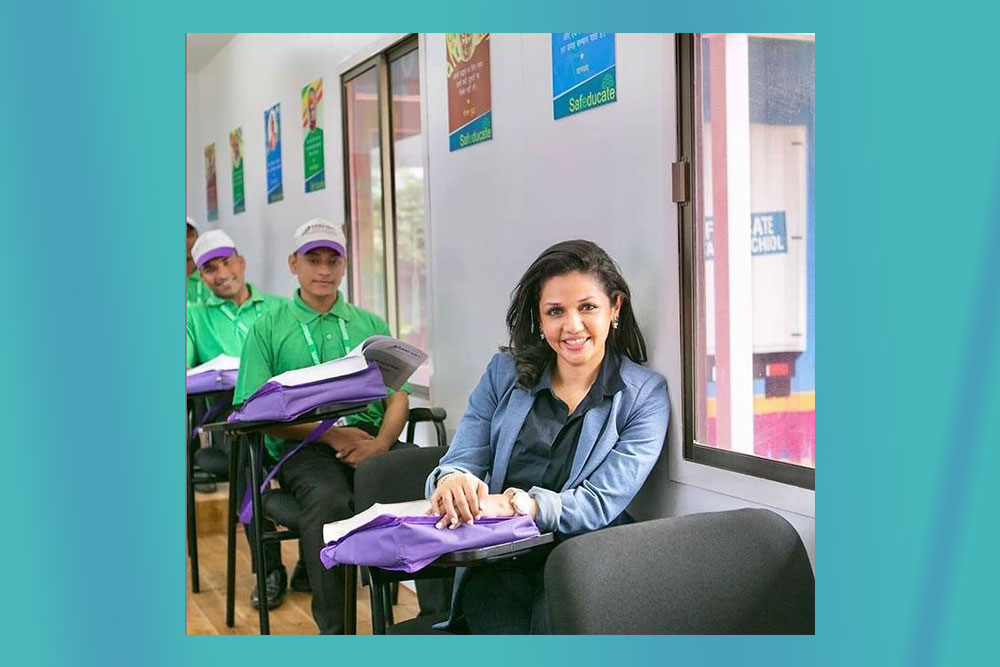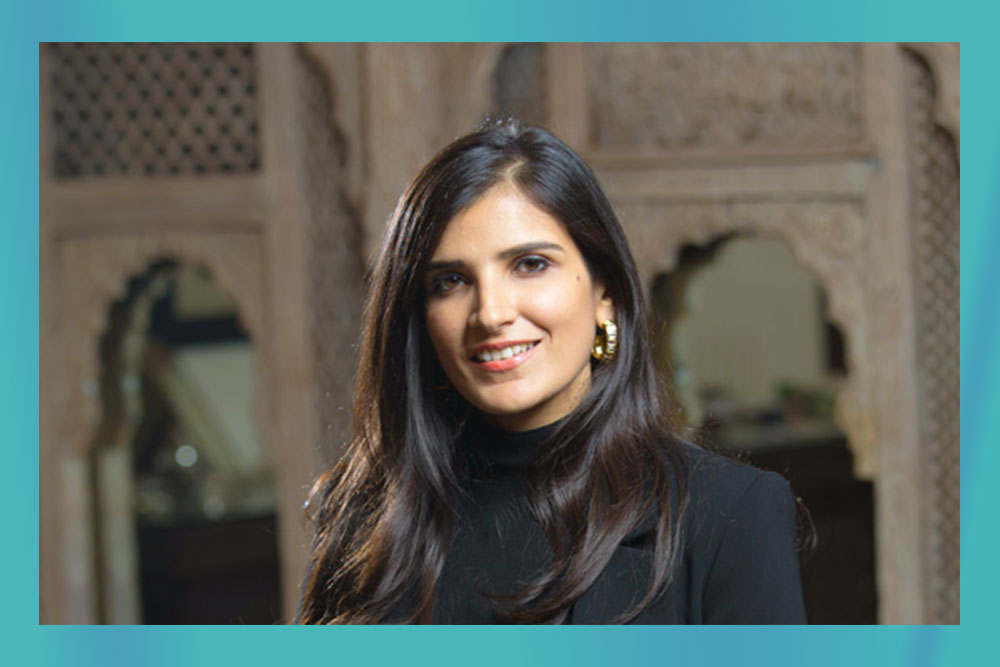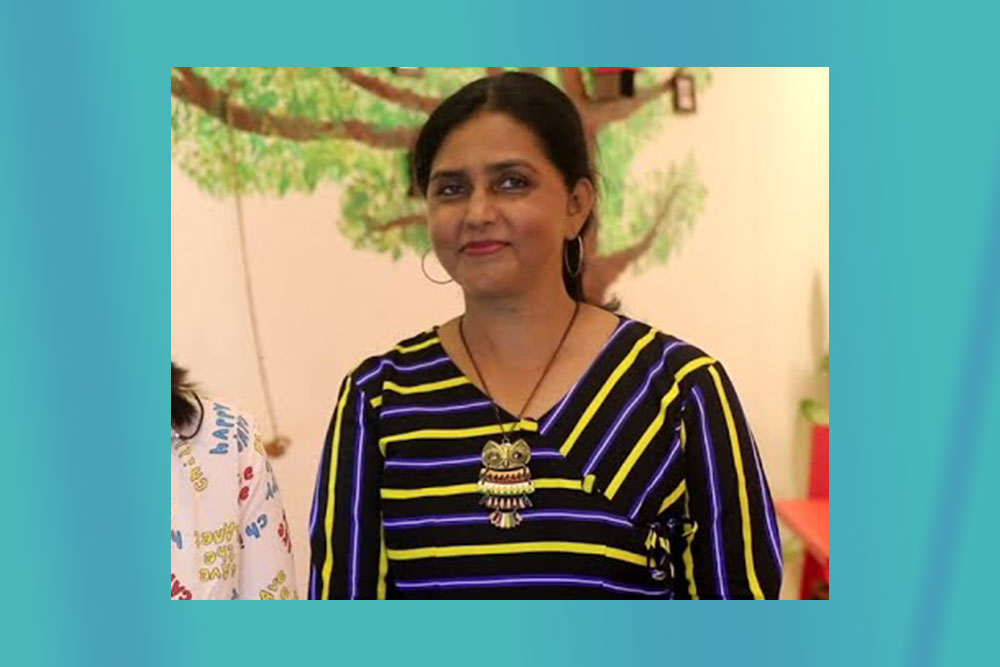In their 2019 report titled Powering The Economy With Her: Women Entrepreneurship in India, Google and Bain & Company estimated that women business owners have the potential to create 150 million to 170 million jobs in India by 2030. While that might sound heartening, another 2019 report by the World Bank’s International Finance Corporation, titled Financial Inclusion for Woman-Owned Micro, Small & Medium Enterprises (MSMEs) in India, found that only 33 per cent of early-stage entrepreneurs in India are women.
Why are women-led MSMEs such a big deal?
Clearly, more women are getting behind the steering wheels of their finances, and starting viable MSMEs is the greatest need of the hour. Why? Simply because entrepreneurship is viewed as one of the most empowering activities a woman can take up. Not only does entrepreneurship provide women control over their current and future finances, it also gives them the confidence to grow and overcome gender biases. On the flip side, taking that first step into entrepreneurship requires capital, which most women do not have easy access to.
This is also the reason why the Ministry of Micro, Small, and Medium Enterprises, instituted by the government of India in 2007, provides special focus on women-led MSMEs. This government body supports around eight million Indian women who have started or are running their own businesses by giving them a platform to access entrepreneurship learning tools, training programmes for fundraising, mentors, one-on-one investor meets, market surveys, and technical assistance. MSMEs require this extent of support because they are usually started with low investments and if the business is not a success, they are less likely to get a capital or investment boost like big businesses might.
MSMEs are, in fact, categorised on the basis of their initial capital for operations. A micro enterprise is one where the investment does not exceed INR 25 lakh, a small enterprise is one where the investment is more than INR 25 lakh but does not exceed INR 5 crores, and a medium enterprise involves investment between INR 5 crores and INR 10 crores. How much an MSME grows after this initial investment, and how much investment it can further generate, depends on many factors like market reception, fundraising, partnerships, etc. An economic crisis—like the one brought on by the COVID-19 pandemic, for example—can often spell disaster for women (or men, for that matter) who run such MSMEs.
It suffices to say, making a mark in MSMEs is quite the feat. Here are a few women who have managed to run successful MSMEs in India, overcoming many obstacles on the way.

Divya Jain, Safeducate
Categorised by the Ministry of MSMEs as a small business, Divya Jain’s Safeducate now earns an annual turnover of INR 30 crores. Jain, whose family runs Safexpress—one of India’s largest logistics companies—discovered that India had a huge need for a workforce trained in logistics, and started Safeducate in 2007. Since its inception, Safeducate has trained over 70,000 people in basic logistical skills as well as supply chain management, thereby creating more livelihoods. In 2015, Safeducate also launched one of India’s first container schools by using recycled shipping containers, and was inaugurated by PM Narendra Modi. Under Jain’s guiding hand, Safeducate has made quite the name for itself as an MSME, and won accolades like ASSOCHAM’s Best Institute – Innovation, in 2016.

Sonia Sharma, Nature Organic
Founded in 2013, Nature Organic is categorised as a micro business by the Ministry of MSMEs. The woman behind the driving seat of this enterprise is Sonia Sharma, a trained chartered accountant who was pursuing a career in London. During a break back home in India, Sharma reportedly had a case of food poisoning and decided to take a closer look at agricultural practices that lead to excessive pesticide use and food contamination. Taking matters into her own hands, Sharma launched Nature Organic with the dual purpose of teaching ethical, sustainable, and viable farming practices to farmers, as well as to provide safe, organic produce to customers. Sharma currently works with farmers in Kerala, Uttarakhand, and West Bengal, and Nature Organic products are delivered to different parts of India, USA, and Europe. Nature Organic was given the Ministry of MSME’s Brand of India award in the agricultural business category in 2019.

Bhavna Anand Sharma, Cureveda
When Bhavna Anand Sharma completed her Master’s in Finance from the London School of Economic,s and returned to India in 2009, she wanted to start her own business. Realising that the market for dietary supplements in India was untapped—and after bagging the exclusive rights to distribute the products of Nature’s Bounty, the American supplement giant in the country—Sharma set out on her entrepreneurship journey, only to discover that India was not only growing the herbal products these businesses used, but was also a pioneer in the field thanks to our centuries-old Ayurvedic knowledge. After years of market research, product development, and collaborations with doctors and farmers across India, Cureveda was launched in 2019. Categorised as a micro enterprise, Cureveda provides herbal, organic and neutraceutical dietary supplements produced exclusively in India under the teachings of Ayurveda. You may gauge the success of this business by the fact that the Ministry of MSMEs awarded it the Brand of India award in the pharma category in 2019.

Mariam Mohiudeen, Baker’s Treat from Mariam’s Kitchen
Mariam Mohiudeen’s business started in a small, 200 square feet space in Mangalore, and has now progressed to a 2,200 square feet, 90-seater restaurant with around 20 employees. Mohiudeen started teaching people how to bake and sell baked goods in 2014, calling her micro business Baker’s Treat. In about three years’ time, the popularity of her homemade brand encouraged Mohiudeen enough to apply for a MUDRA loan of about INR 20 lakhs to expand her business. The little home-based café turned into a popular restaurant, and the business owner started winning accolades and was recognised for her entrepreneurial skills. Apart from getting the Brand of India award in the restaurants category in 2019, Mohiudeen has also received the Best Start Up at the 2017 Power Business Excellence Awards and the Woman Entrepreneur Award at the 2019 Canara Bank YenFame Awards.